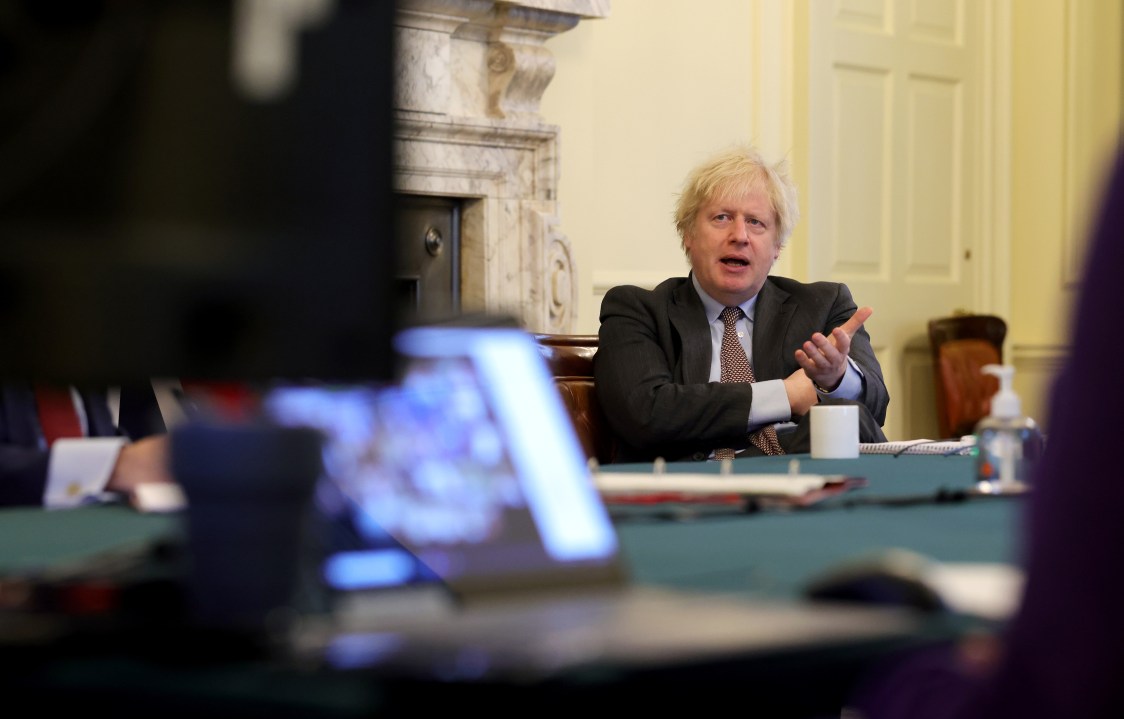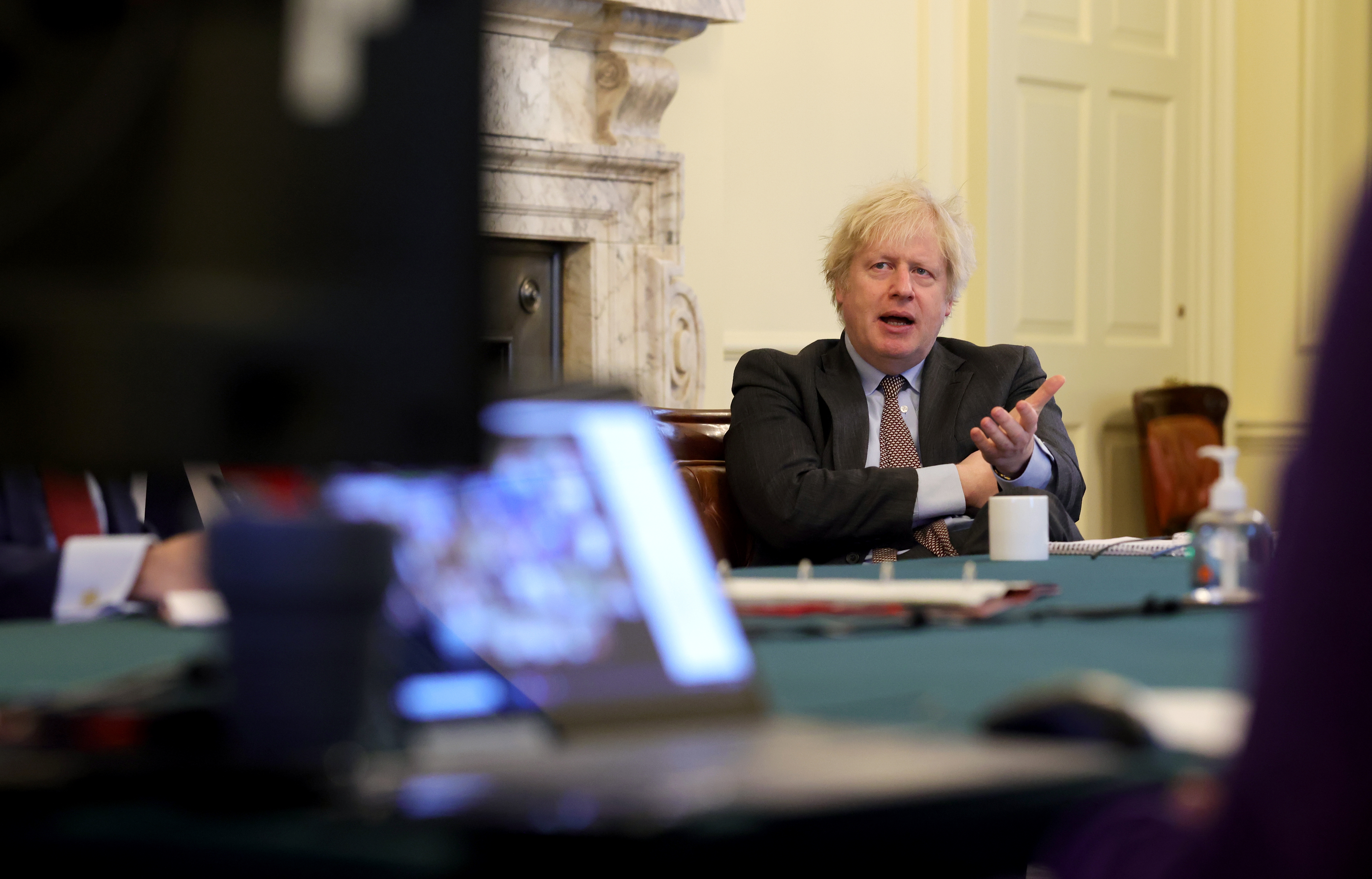There is something deeply dissatisfying about the latest No. 10 psychodrama. Given this is a crisis that could end Boris Johnson’s political career, it should feel like more of a pivotal moment than it does. Part of the problem is that if you’re a Remainer or a Labour supporter, whose side of the story do you trust here?
Do you believe Boris Johnson, the man who fronted the Leave campaign and whose support probably swung the referendum? Or do you believe Dominic Cummings, the evil genius who supposedly manipulated the masses via technical trickery to vote to leave the EU? Of course, ‘neither’ is an option, but not one that seems to be getting a lot of pick up in Remain-land or Labour circles.
The current crisis seems extremely unlikely to lead to the end of Tory hegemony
In fact, when you think about the whole thing in any depth it becomes impossible not to get behind one of the participants a little. Do you feel closer to Cummings’s side of the story, given he describes a simultaneously corrupt and incompetent Downing Street operation? This feels enjoyable to your average British Remainer — until you realise you are buying into the narrative of the guy who thought up the £350 million for the NHS bus logo. Do you instead feel like Cummings is finally getting his comeuppance, exposed for his treachery at long last? Then you have to at least partially buy into Boris Johnson’s story, which is unsatisfying for all sorts of reasons.
Part of the problem is that the current crisis seems extremely unlikely to lead to the end of Tory hegemony. Even if somehow this ended Boris Johnson’s premiership — and the chances of that still feel slight given everything he has survived to date — it would simply lead to a new Tory prime minister who could well be much less liberal and more right-wing than the current inhabitant of Downing Street.
There is now a conspiracy theory doing the rounds that Cummings’s manoeuvres are in aid of a potential Michael Gove challenge. There is clearly a psychopathology among some Remainers who fundamentally need to see the hated Boris Johnson fail, even if it results in something worse. Such plotting seems unlikely given Johnson’s bargain with the Tories rests on his election winning skills — skills that may well see Hartlepool the Conservatives take Hartlepool for the first time in 50 years.
Keir Starmer has built his entire strategy on countering Boris Johnson, setting himself up as Mr Competent against a bumbling chancer. Yet now that Boris is facing a crisis that flows directly from his poor judgement, Labour seem unable to fully capitalise. Events are unfolding around them, but they are as helpless in their wake as the rest of us. Damian McBride, Gordon Brown’s former spin doctor, once said that the rift with Blair actually helped Labour in the long run. It meant that the papers were filled with constant stories about the party while the Tories were consigned to irrelevance.
The Cummings spat merely hammers home how irrelevant Labour is, at least for the moment. We’ve been witness to yet another political drama in which neither of the principal actors are members of the Labour party. One of the reasons Labour has been passengers, unable to steer events, is because they are so outside of them all.
If the Tories have a good election day next month — a net positive in terms of seats and councils won or held and a win in Hartlepool — it is a handy reminder to Conservatives how much of an electoral asset Boris is. If Labour has a good day instead, perhaps there will be some speculation around how much the ‘Tory sleaze’ of this week swung things away from the Conservatives. However, it is worth reminding ourselves that the norm used to be that governments lost seats at local elections, usually a fair few, particularly when the party in power at Westminster had been there for some time. It is a testament to how far Labour has fallen that this can no longer be taken for granted, even under its ‘new management’.
Perhaps the lesson from this week isn’t whether to believe Boris Johnson’s or Dominic Cummings’ side of the story but to realise that whoever is right, the Tories are likely to be in government for a long while yet. Until Labour can create a more effective opposition, one that looks to be headed for a general election victory, the Conservatives can probably afford to indulge in a spot of civil war.








Comments